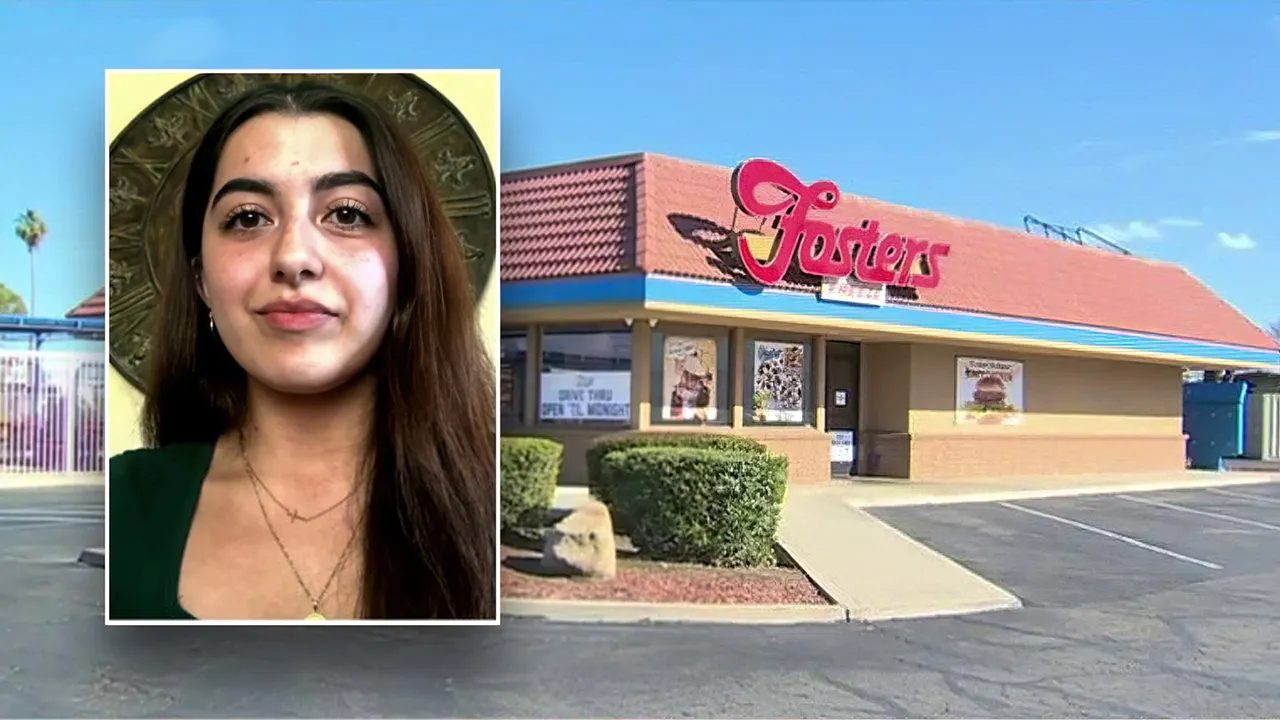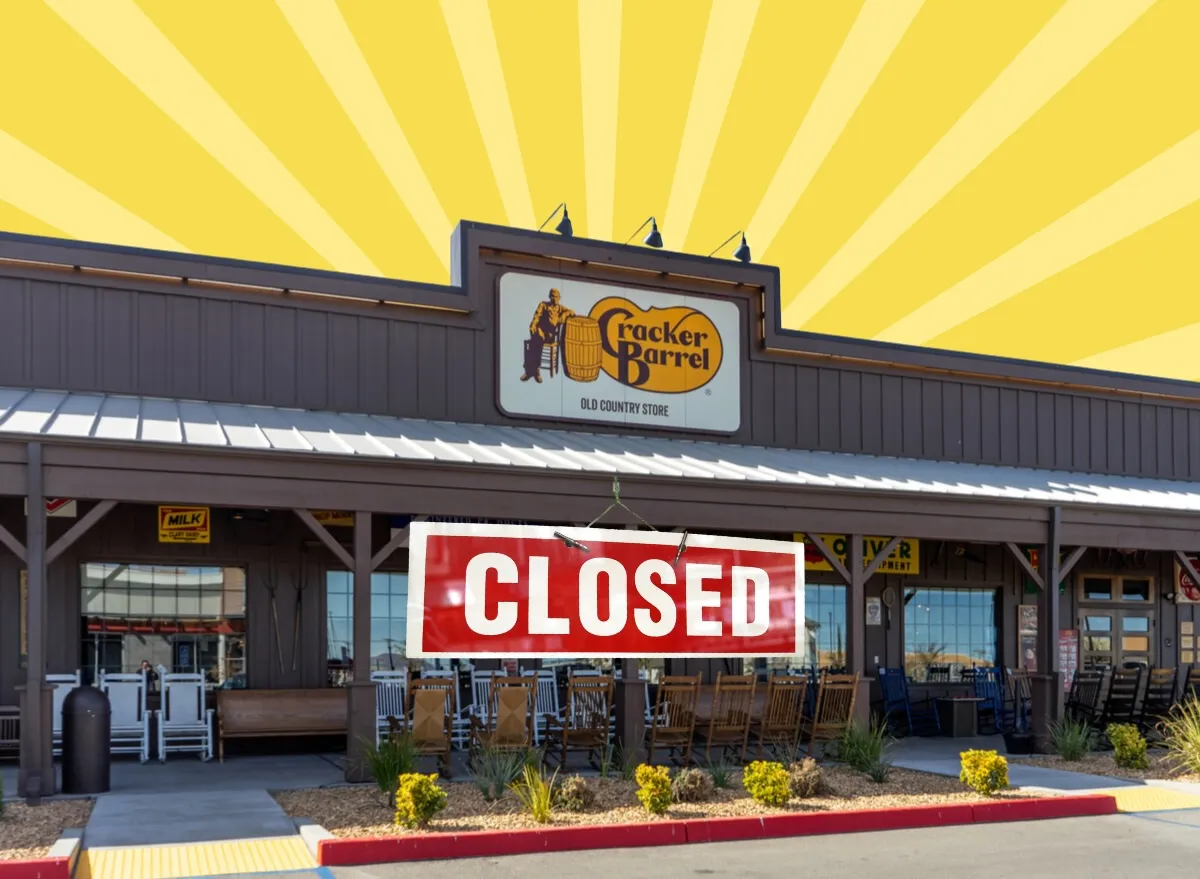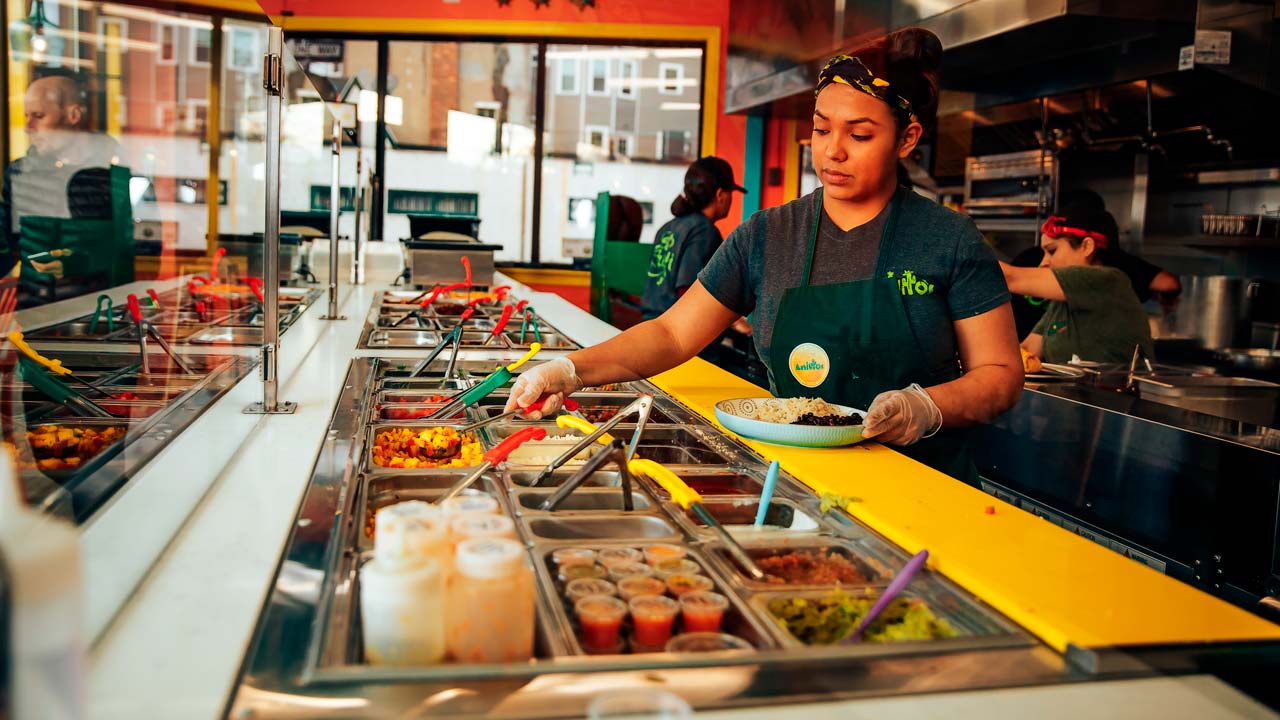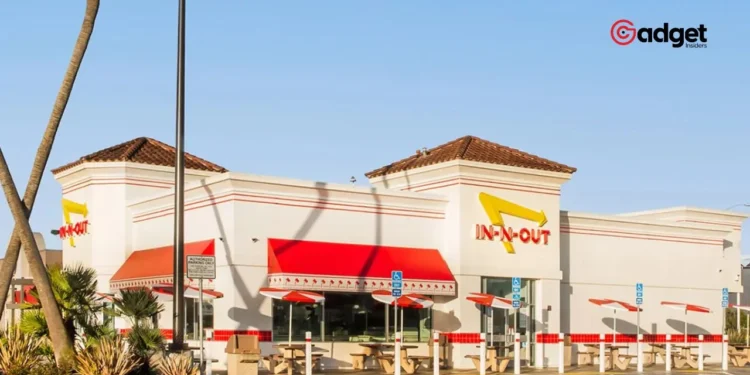In the wake of California’s minimum wage increase earlier this year, a ripple effect has been felt across the fast-food industry, with several popular restaurants, including Fosters Freeze and Mod Pizza, shutting down multiple locations. This wage hike, while intended to improve the living standards of workers, has brought significant challenges for many businesses struggling to adapt.

A Bittersweet Development for Consumers and Businesses
For many Californians, a trip to local favorites like Fosters Freeze and Mod Pizza has been a cherished ritual. However, the excitement of enjoying these treats has been dampened by the sudden closure of some outlets. The minimum wage increase has put a financial strain on these establishments, forcing them to reevaluate their business models.
“Earlier this year, a minimum wage increase was announced for many fast-food establishments in California, sparking national attention and posing challenges for some businesses,” explains an industry expert. This statement highlights the broader implications of wage policies on the food industry, suggesting that while the intention is to support workers, the outcome can sometimes hinder the very communities it aims to help.
🇺🇸🍔 ALERT: Fast Food Prices Surge, Restaurants at Risk of Closure
Ex-CEO warns of more closures as prices soar. McDonald's Big Mac now doubles in cost. Labor hikes prompt menu increases, $20 minimum wage in California sparks layoffs. Industry turmoil.
[Src: Fox Business] pic.twitter.com/IDUbMzjKdl
— RSxAI News (@RichSteini) May 29, 2024
The Local Impact: A Closer Look at Affected Cities
Customers in various Californian cities have been particularly hit hard by these closures. The shutdowns not only mean fewer dining options but also signify potential job losses and economic shifts within these communities. The closures serve as a real-time case study of how wage increases, despite their positive intentions, can lead to unintended consequences.

Navigating the Future: Adaptation and Resilience
As the fast-food industry continues to grapple with these changes, both businesses and employees face the challenge of adapting to the new economic landscape. Some establishments might explore automation or reduce their workforce, while others might increase prices to offset higher labor costs.
The conversation surrounding these closures is a vital one, as it encapsulates the complexities of implementing wage policies in a diverse economic environment like California’s. It calls for a balanced approach, one that considers the sustainability of businesses while striving to improve worker welfare.

California’s Fast Food Closures: Policy Lessons
The closure of beloved eateries like Fosters Freeze and Mod Pizza underlines the need for a dialogue between policymakers, business owners, and the public to find sustainable solutions that benefit all parties involved. As California continues to lead with progressive policies, the lessons learned here could pave the way for future initiatives aimed at balancing economic growth with social equity.
This ongoing scenario offers a poignant reminder of the delicate balance required in policy-making and the importance of supporting both our local businesses and the workforce that sustains them. As Californians, our love for local treats remains, but so does our commitment to the community and its economic health.









